Breast surgery
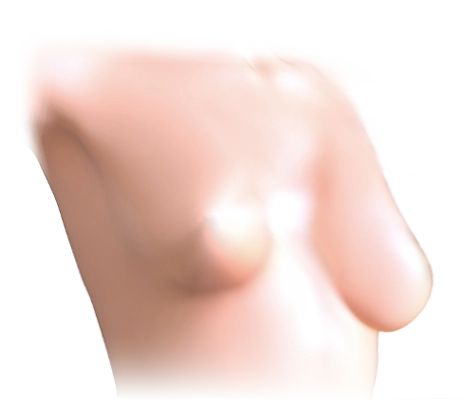
before
Breasts with asymmetry
in size and shape
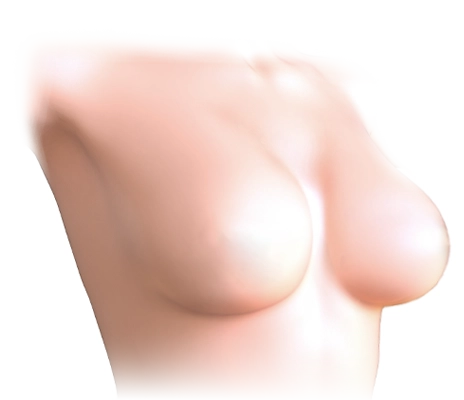
after
Balanced and
voluminous breasts
Other Breast Surgery
Breast surgery is available for those struggling
with asymmetry, deformities in shape, nipples,
or areolae due to congenital factors or external factors such as pregnancy, breastfeeding, or inflammation.
Both functionality and beauty matter.
We design ideal breast proportions that harmonize health and aesthetics.
Natural Breast
Contour
Healthy and
Beautiful Appearance
Satisfying
Volume
345 Youtube
Watch the Video on
Other Breast Surgeries
Learn about breast surgery techniques and precautions directly from Dr. Han Kyunam.
345 Youtube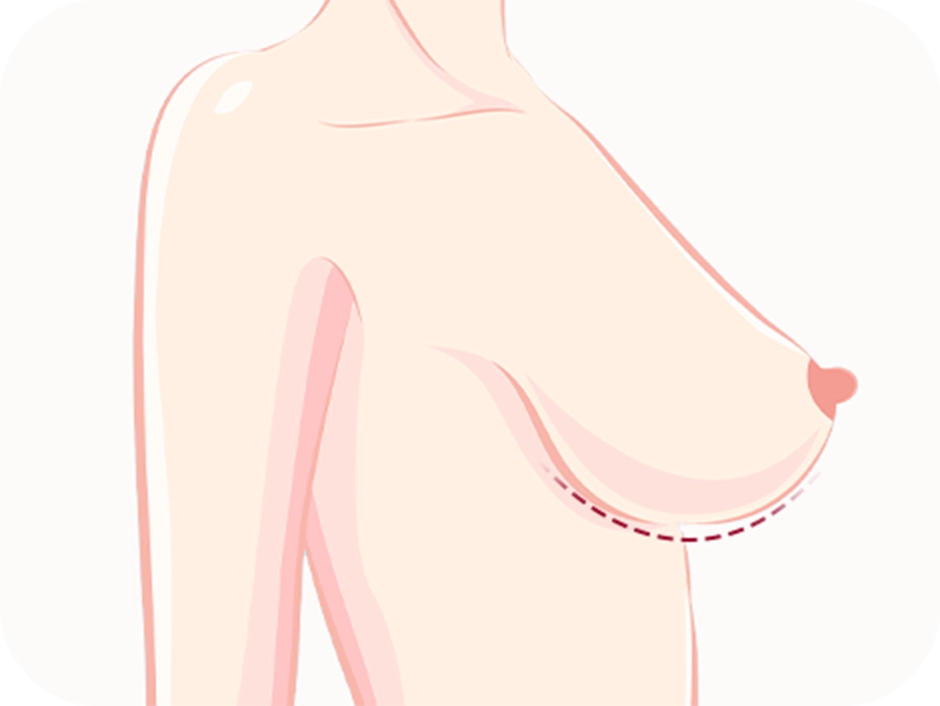
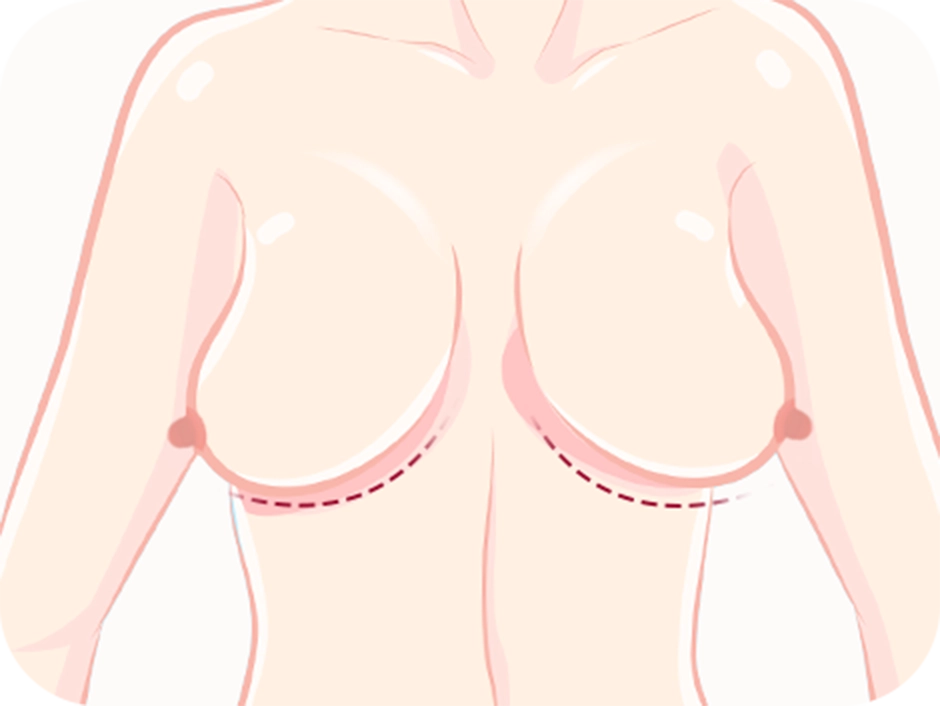
Tuberous Breast
of the lower inner breast and distinctive areolar shape.
The breast volume is concentrated around the nipple and areola,
often lacking an inframammary fold or having a very short from the nipple to the fold.
implant insertion or glandular tissue repositioning.
Understanding this condition is key for optimal surgical planning.
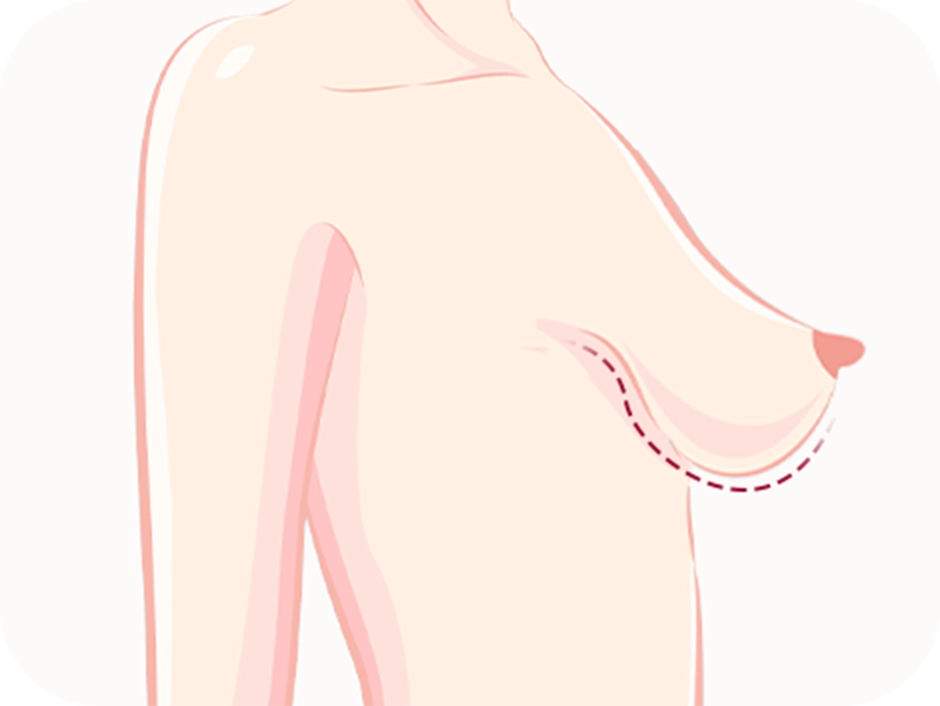
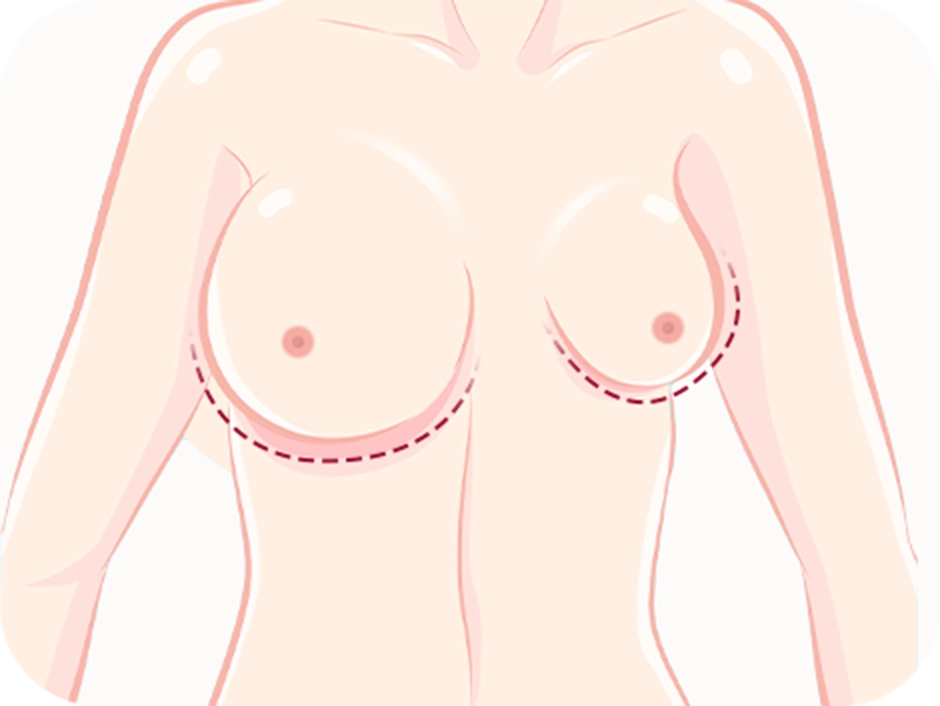
Poland Syndrome
underdevelopment of one side of the chest, causing noticeable breast asymmetry.
The focus is on restoring symmetry, often combining augmentation
and mastopexy depending on the case.
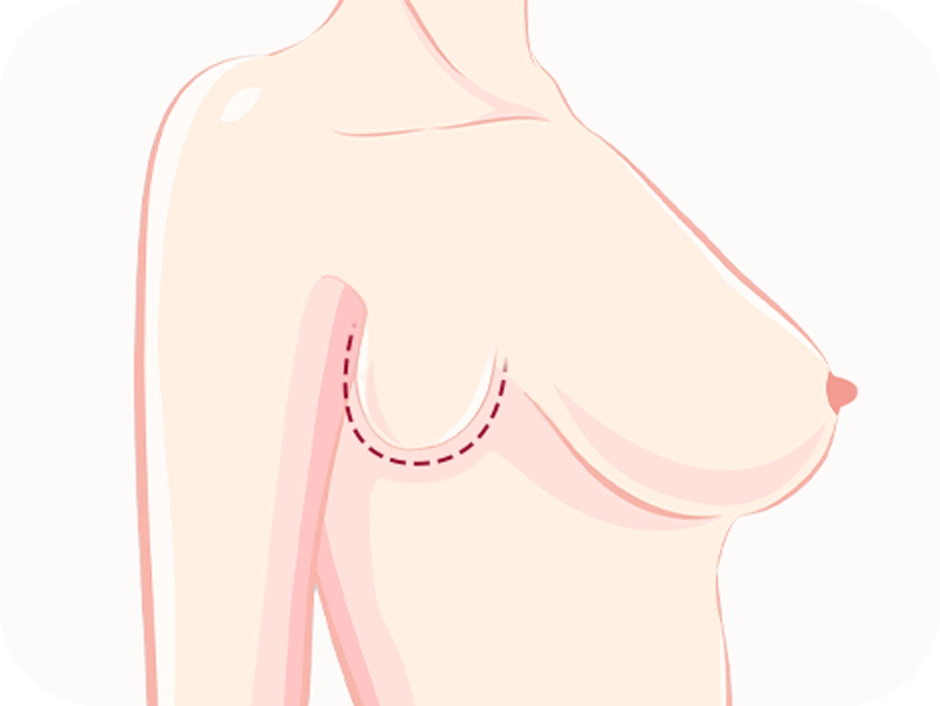
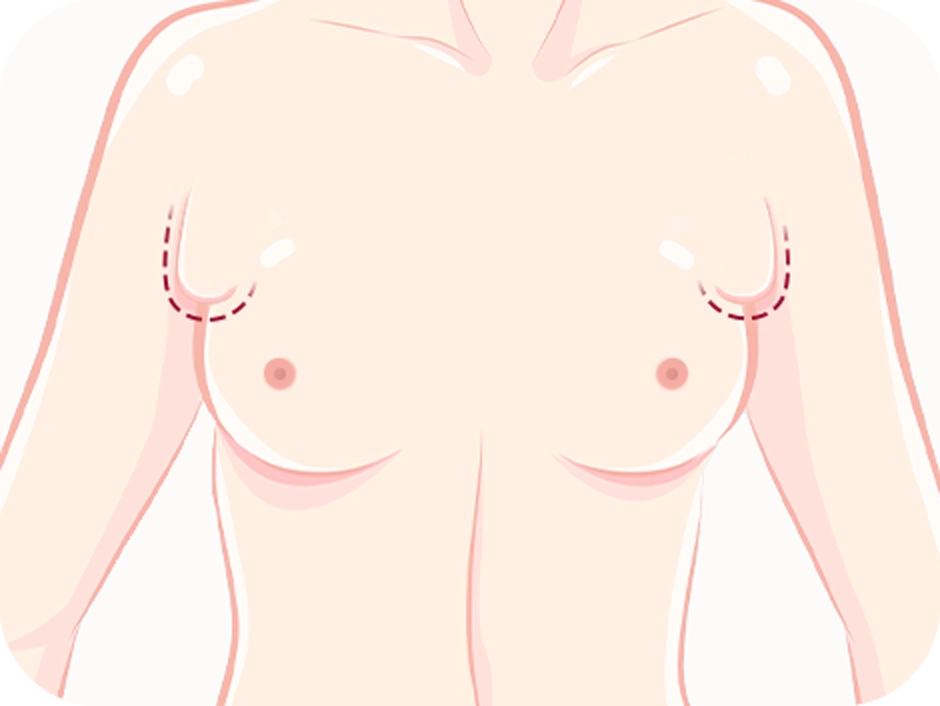
Accessory Breast
found in the axilla but may also occur below the breast, near the nipple, or elsewhere.
they are prone to the same conditions as normal breasts.
Surgical removal via liposuction or excision is recommended.
Recommended target
Recommended for
these individuals
Are you concerned about surgery?
Feel free to inquire!
01
First, Asymmetry Correction
For those with breast asymmetry.
02
Second, Accessory Breast Removal
For those with accessory breasts in areas other than the chest.
03
Third, Aesthetic Improvement
.For those stressed by the appearance of their breasts.
04
Fourth, Pain Reduction
For those experiencing pain caused by breast shape.
Nipple / Areola Correction
of the breast, particularly for breastfeeding.
Ideally, their sizes should be proportionate to the breast.
Average nipple diameter is 1–1.5 cm, and areola diameter is 3.5–4.5 cm. Correction is based on these proportions.
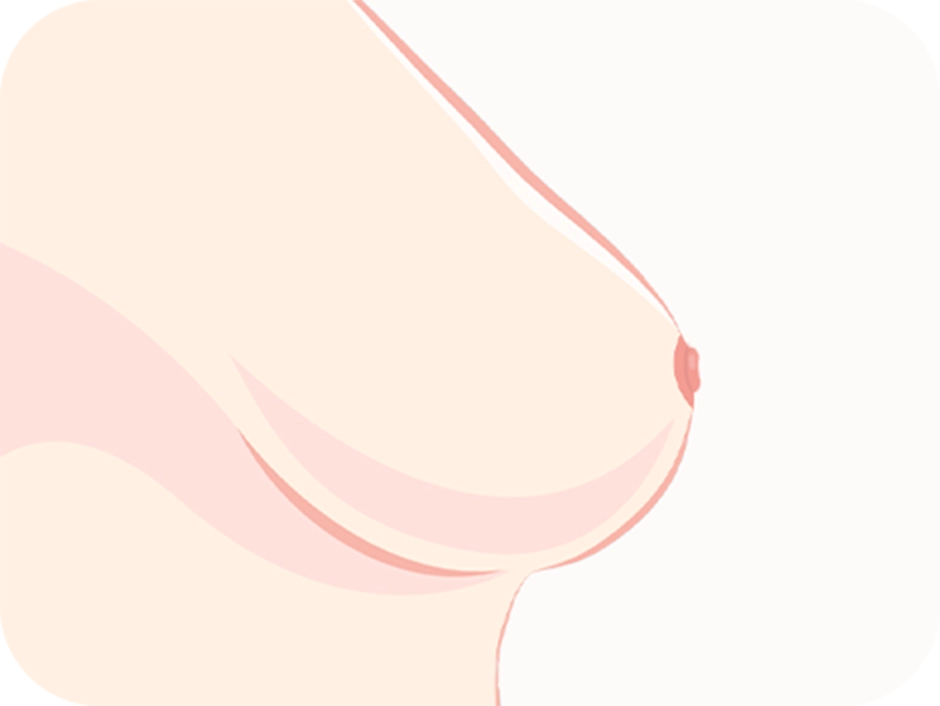
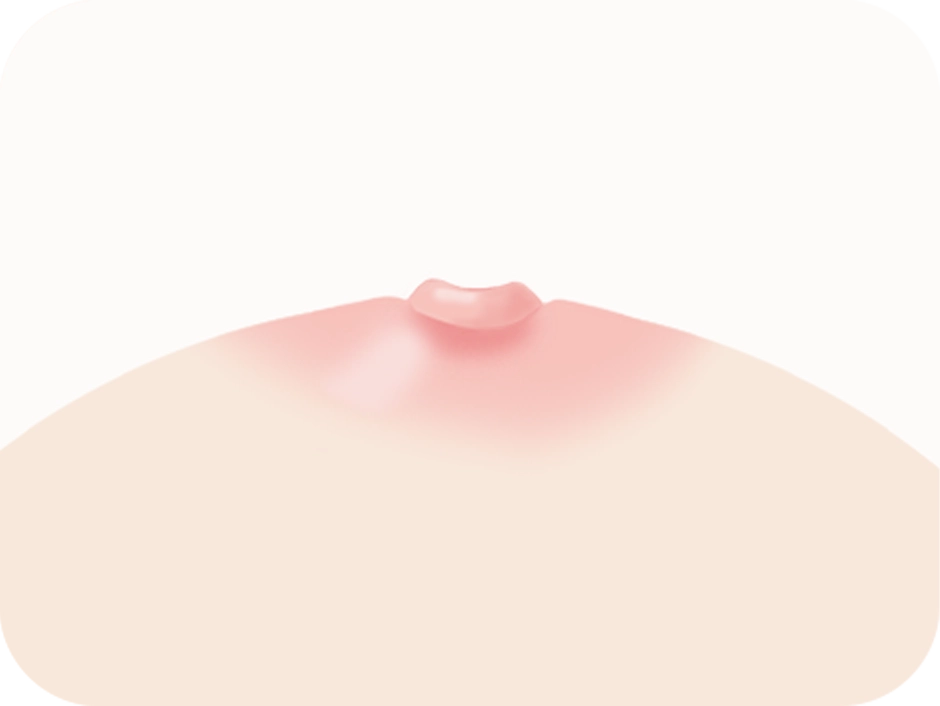
Inverted nipple
This may cause white secretions, odor, inflammation, pain, or mastitis.
as it may cause not only cosmetic concerns but also breastfeeding problems.
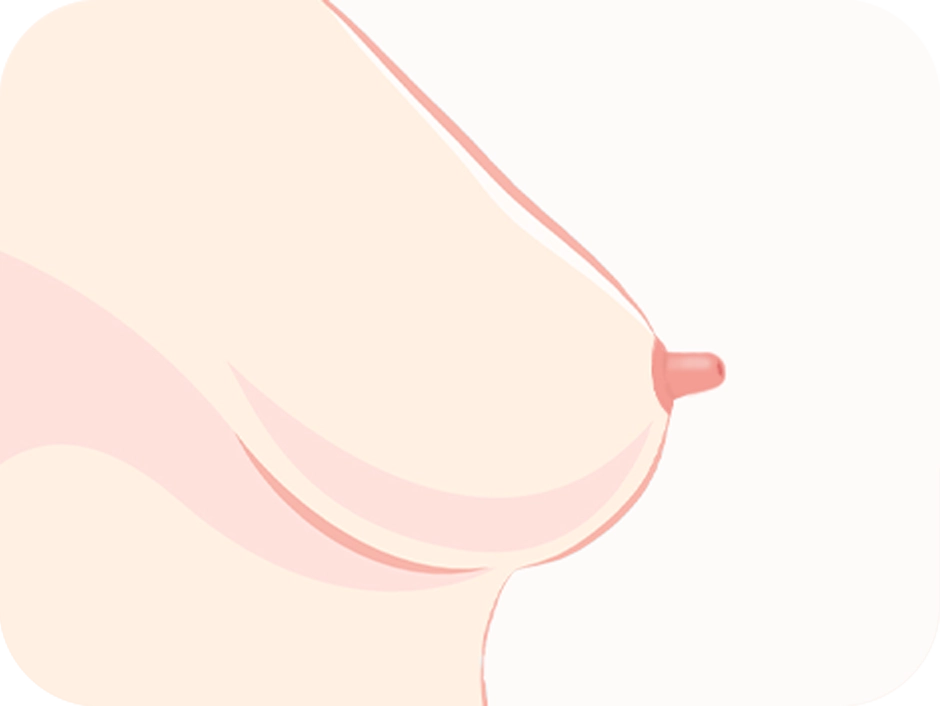
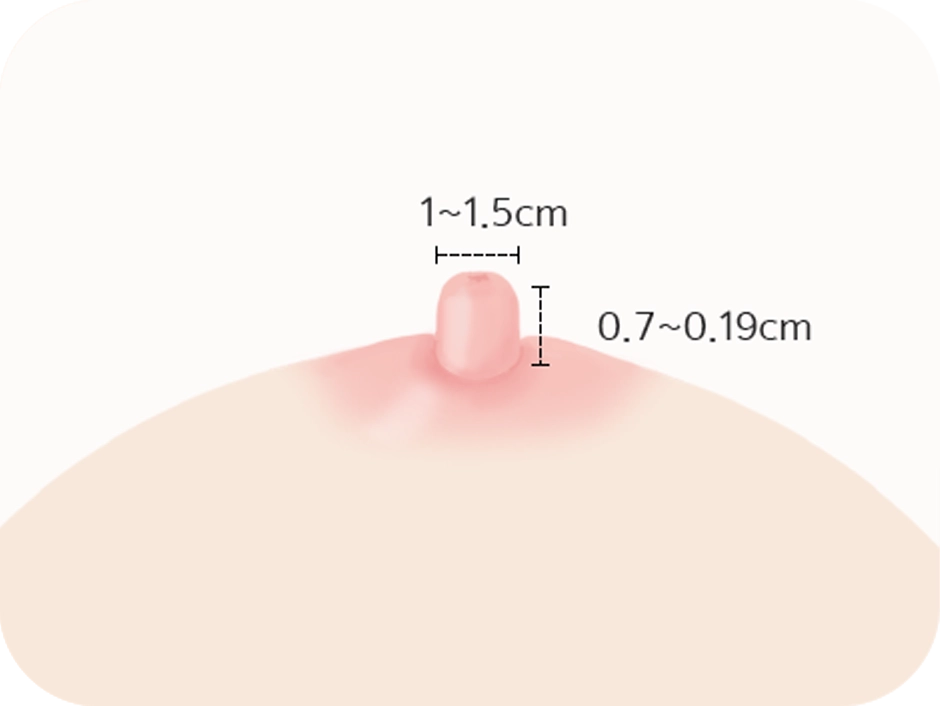
Nipple reduction
Larger nipples are referred to as macronipple or nipple hypertrophy.
Enlarged or drooping nipples may appear aesthetically unpleasing.
and diameter to match the breast proportions.
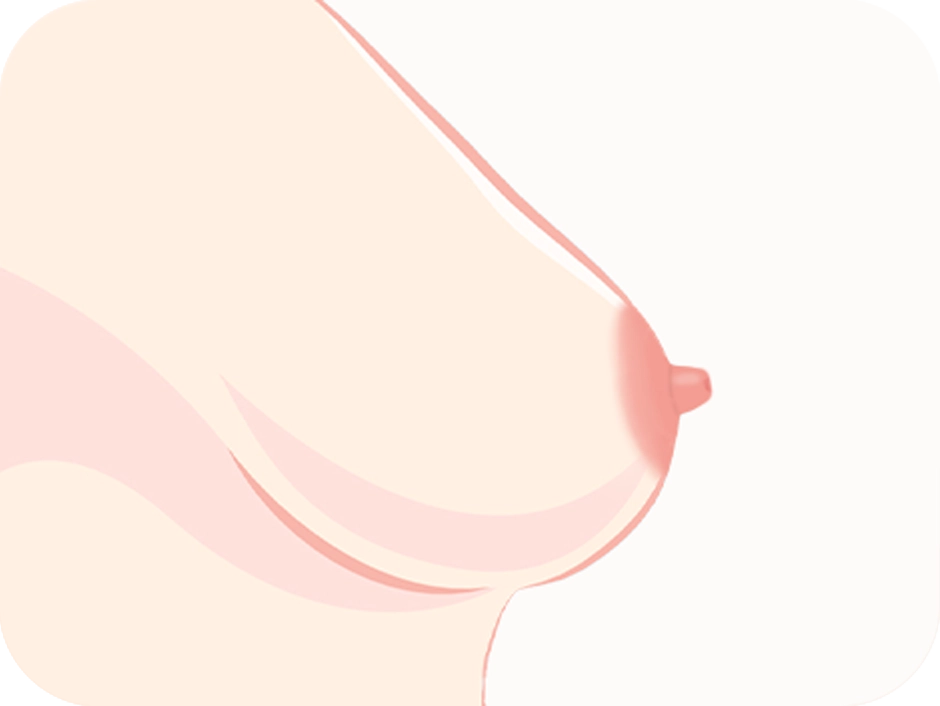
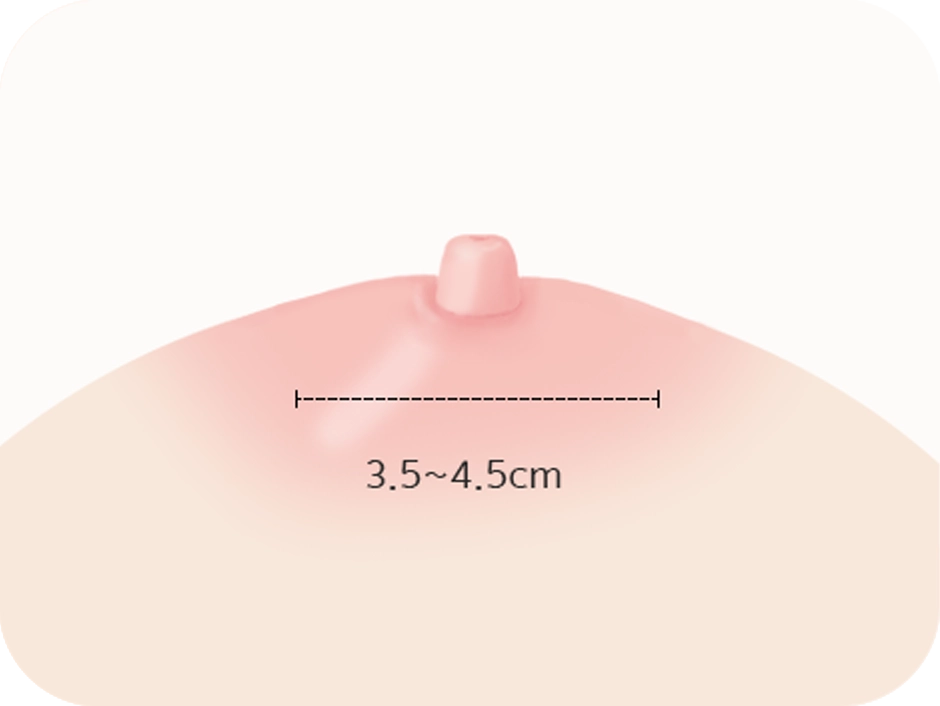
Areola reduction
but the average is around 3.5–4.5 cm.
Areolae larger than this are called large areolae (macromastia of the areola)
and are corrected by incisions along the areolar edge
or around the nipple to reduce them proportionally.
or darken due to hormonal changes
from pregnancy, childbirth, or breastfeeding.
Recommended target
Recommended for
these individuals
Are you concerned about surgery?
Feel free to inquire!
01
First, Asymmetry
For those with asymmetric nipples or areolae.
02
Second, Inflammation Relief
For those with inverted nipple-related inflammation.
03
Third, Aesthetic Correction
For those concerned about appearance.
04
Fourth, Breastfeeding Difficulty
For those experiencing breastfeeding problems after childbirth.
Other Breast Surgery Info
Quick Overview of
Other Breast Surgery
Surgery is safely performed using the most suitable method for each patient's individual condition.

Surgery Time
1 hour

Anesthesia
Sedation or General Anesthesia
Hospital Stay
Follow-Up Visits
Recovery
Daily activities can be resumed after 2–3 days.
Frequently Asked Questions
About Breast Surgery
Does the implant size affect the texture?
The ratio between the implant and the surrounding space is very important.
If the pocket is too tight, the implant cannot move naturally.
Therefore, sufficient space should be secured.
Implant selection should be based on your chest wall dimensions.
An implant that is too large for the chest may result in a firmer texture.
Can I breastfeed after breast augmentation?
Modern breast augmentation does not affect pregnancy, childbirth, or breastfeeding.
Patients can safely breastfeed after surgery without concerns.
Should implants be replaced during revision surgery?
In most cases, implant replacement is necessary during revision surgery to change the shape or size.
However, if the revision only corrects sagging, it may not require implant replacement.
When rupture or aging occurs, patients often choose to remove and replace the implant.